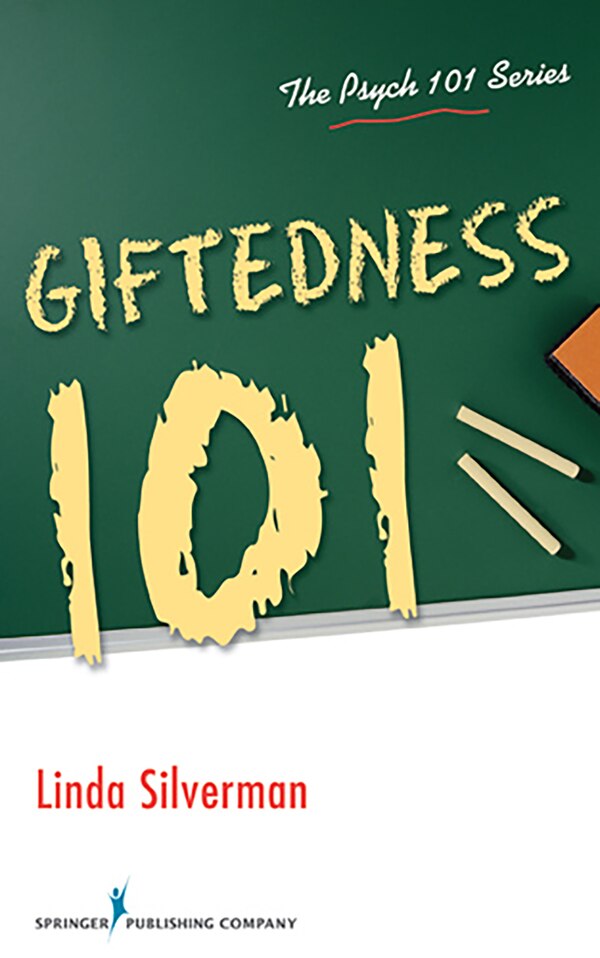Home
Festklänge S.101, Paperback | Indigo Chapters
Loading Inventory...
Coles
Festklänge S.101, Paperback | Indigo Chapters
From Serenissima Music
Current price: $24.95


Coles
Festklänge S.101, Paperback | Indigo Chapters
From Serenissima Music
Current price: $24.95
Loading Inventory...
Size: 0.31 x 11 x 0.75
*Product information may vary - to confirm product availability, pricing, shipping and return information please contact Coles
The seventh in his visionary series of thirteen tone poems for orchestra, Liszt's \"Festklange\" was composed in 1853 and was given its premiere in Weimar on 9 September 1854 with the composer conducting the Weimar Hofkapelle. This new study score is a digitally-restored reissue of the score edited by Otto Taubmann in the fourth volume of the Liszt-Stiftung edition, published in 1909. As with all PLP scores a percentage of each sale is donated to the amazing online archive of free music scores and recordings, IMSLP - Petrucci Music Library.\""A Hungarian composer, conductor, and pianist, Franz Liszt was a child prodigy who began studying piano with his father at the age of 6. At the age of 9, he gave his first public performance and a year later went to Vienna, where he studied with Karl Czerny and Antonio Salieri. By the end of Liszt's life, he was acknowledged as the greatest pianist of his time. One of the foremost musicians of the romantic period, Liszt enthralled audiences with his expressive interpretations and dramatic gestures in a style of playing that greatly influenced the advancement of pianistic techniques. From about 1822 to 1848, Liszt lived in Paris, where he came under the influence of Niccolo Paganini. Paganini's virtuosity inspired him to accomplish unheard of feats in piano technique and expression. Between 1848 and 1861, Liszt was musical director for the court at Weimar in Germany, where he conducted performances of many important works, including those of Richard Wagner. After 1861, Liszt spent much time in Rome, where he became a friend of the Pope and took minor orders in the Catholic church. The rest of Liszt's life was divided among Rome, Weimar, and Budapest. Liszt's compositions had an important impact on musical history. Avoiding traditional musical forms, he concentrated on program music. In this vein, \"Liebestraume\" (c.1850), is perhaps one of his most popular works. Also important are his 19 published \"Hungarian Rhapsodies\" and the \"Sonata in B Minor\" (1853). Not to be overlooked in historical importance are Liszt's transcriptions of other composers' works. These transcriptions familiarized a wide audience with major musical works and also demonstrated the piano's potential for interpreting orchestral music. Liszt also wrote books and essays on music, in many ways anticipating the music of the twentieth century. | Festklänge S.101, Paperback | Indigo Chapters













